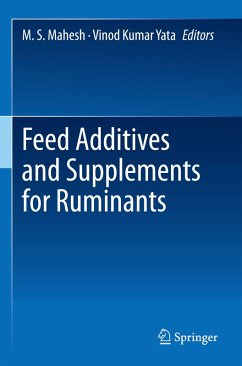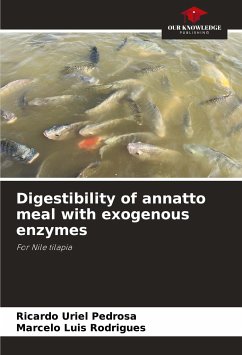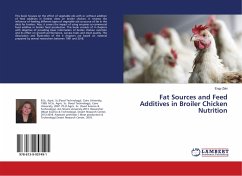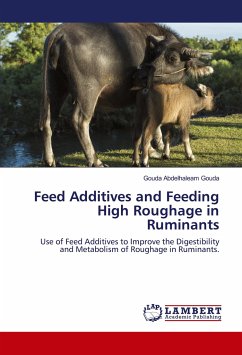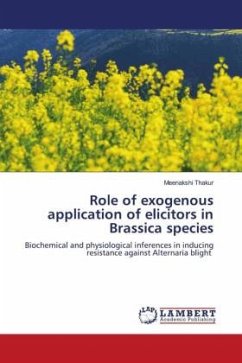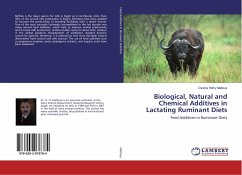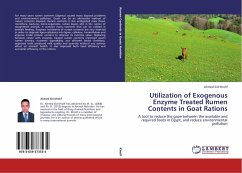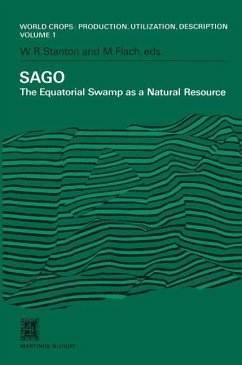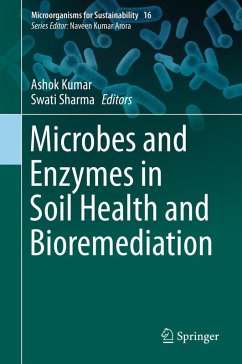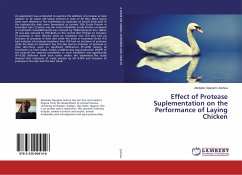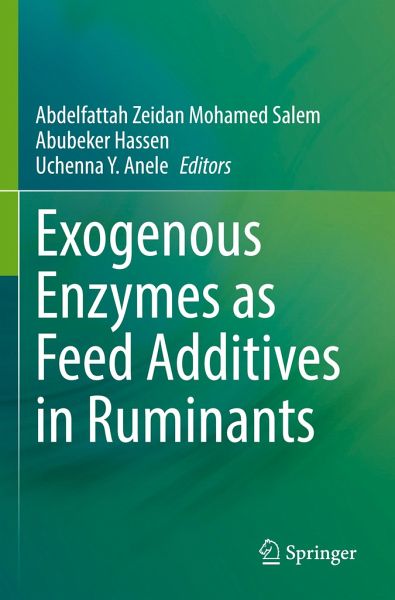
Exogenous Enzymes as Feed Additives in Ruminants
Versandkostenfrei!
Versandfertig in 6-10 Tagen
121,99 €
inkl. MwSt.

PAYBACK Punkte
61 °P sammeln!
This book addresses a global issue of increasing high quality food from ruminant animals while reducing their impacts on the environment. However, one of the main constraints to livestock development and the underlying cause of the low productivity in many developing countries is inadequate nutrition associated with inefficient utilization of forages and fibrous feed resources. In many countries, fibrous feed makes up the bulk of available feed resource base, which is characterized by scarcity and fluctuating supply in the quantity and quality of feed resources, nutrient imbalance as seen in m...
This book addresses a global issue of increasing high quality food from ruminant animals while reducing their impacts on the environment. However, one of the main constraints to livestock development and the underlying cause of the low productivity in many developing countries is inadequate nutrition associated with inefficient utilization of forages and fibrous feed resources. In many countries, fibrous feed makes up the bulk of available feed resource base, which is characterized by scarcity and fluctuating supply in the quantity and quality of feed resources, nutrient imbalance as seen in many native pastures, grasslands and crop residues-based feeding systems with limited use of commercial concentrate feeds such as soybean, cottonseed and groundnut meals, etc. Furthermore, the production of methane, an important greenhouse gas (GHG), from ruminants fed highly fibrous diets such as straws and stover is higher than those animals fed better quality forages or concentrate diets. Recent research shows that supplementing livestock diets with exogenous fibre degrading enzymes can improve feed utilization by enhancing intake, fibre degradation in the rumen and overall digestibility of fibrous feeds which in turn leads to improved animal performance, farmers' income, and a reduction in GHG emissions. The book editors would like to acknowledge the Joint FAO/IAEA Division of Nuclear Techniques in Food and Agriculture for funding part of the studies that make up some of these chapters and were part of the final reports of a coordinated research project financed by IAEA.



